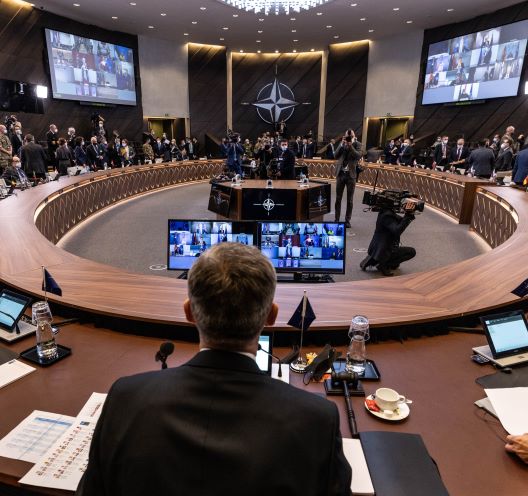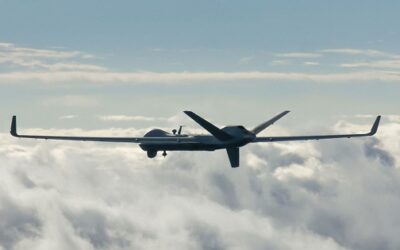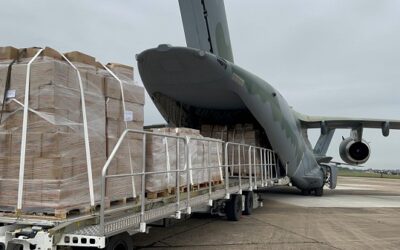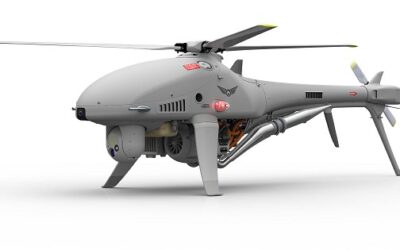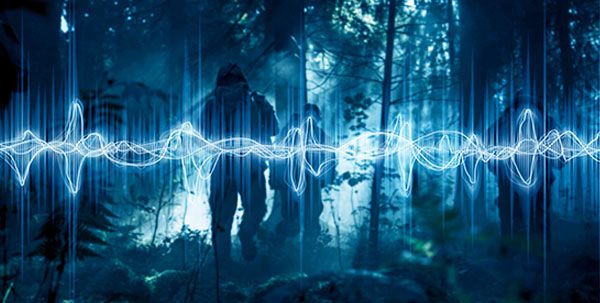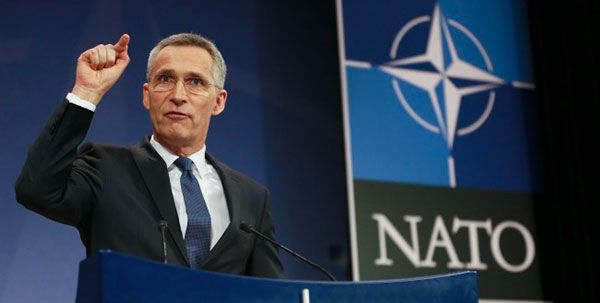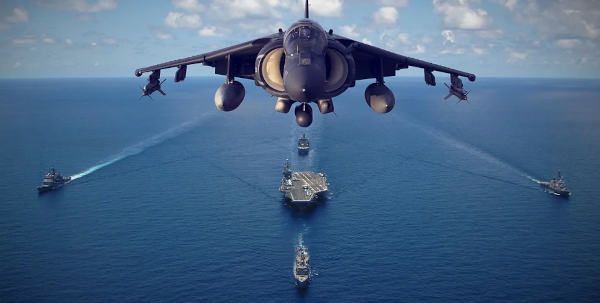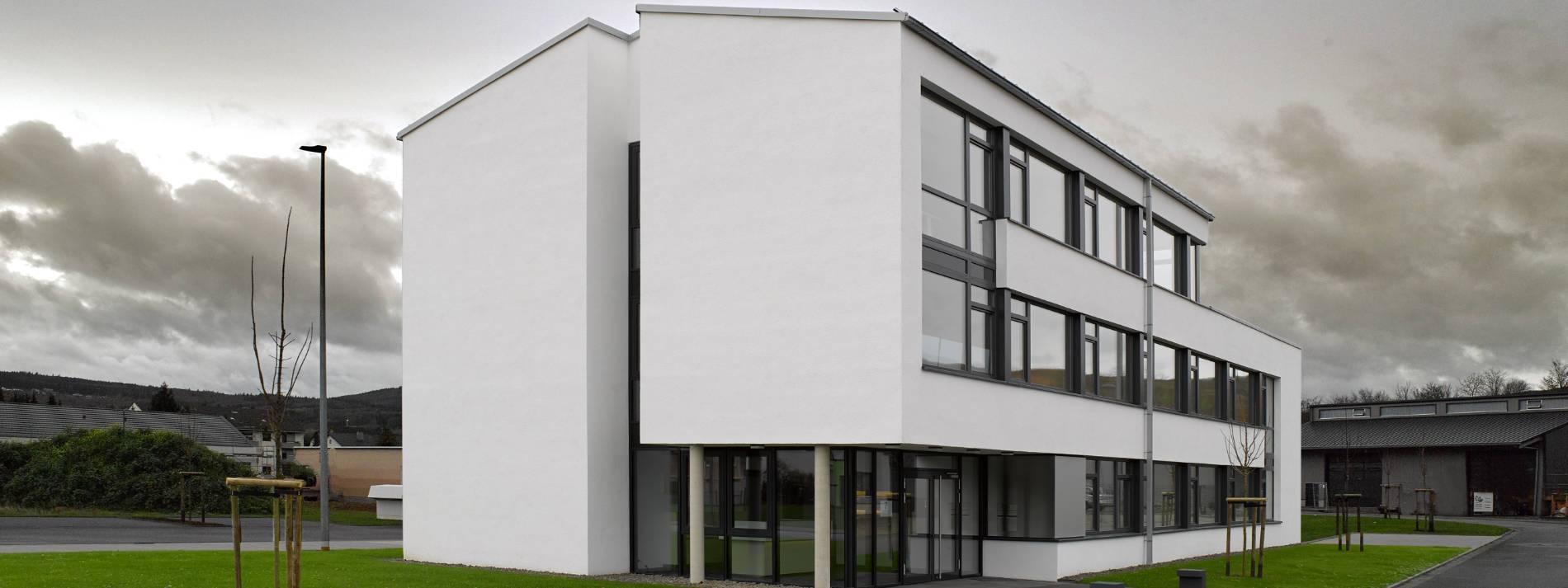Russian Aggression Prompts First Ever Activation
The NATO Response Force (NRF) has been activated for the first time in history to protect eastern members of the Alliance amid the Russian invasion of Ukraine, NATO Secretary General Jens Stoltenberg said on 25 February.
The new troops will include an unspecified number of elements of the 40,000 troops of the NRF – selected land, air and naval multinational units. NATO will also activate parts of the Very High Readiness Joint Task Force (VJTF), an extremely mobile multinational brigade – effectively NRF’s advanced guard – currently led by France. Alongside deployment, the Alliance is pursuing a mechanism of deconfliction, to avoid accidents and “very dangerous situations” in Eastern Europe.
Speaking after a virtual emergency meeting with NATO leaders, Stoltenberg explained the move. “Kremlin objectives are not limited to Ukraine” and Eastern flank allies are “extremely concerned” about the situation, he warned. Indeed, not only do they border Russia and see clearly what is happening in Ukraine, but they have heard the “very threatening rhetoric [which] goes far beyond Ukraine.”
That rhetoric, Sec-Gen said, includes demands from Putin for legally binding agreements to stop NATO’s enlargement, and to remove its presence from countries that have joined the Alliance since 1997, under threat of “what they call military technical consequences”. Meanwhile, on 25 February, Moscow warned that eventual decisions by Finland and Sweden to join the military alliance would result in “serious military-political repercussions”.
In a joint statement, NATO leaders condemned in the “strongest possible terms” Russia’s full-scale invasion and pledged further support to Ukraine, political and practical. “Peace on the European continent has been fundamentally shattered. The world will hold Russia, as well Belarus, accountable for their actions,” they concluded.
Further EU sanctions
EU Foreign Ministers approved further sanctions against Russia, targeting Putin and his Foreign Minister, Sergey Lavrov. This, explained High Representative Josep Borrell, was the final outcome of the “not finished” leaders’ discussion at the extraordinary European Council on 24 February, when the Council approved the second tranche of sanctions against Russia, hitting the financial, energy, transport, export and finance sectors.
But leaders did not agree on expelling Russia from the international SWIFT financial transaction system – a measure some term the ‘atomic bomb’ – due largely to opposition from some member states, reportedly Hungary, Cyprus, Germany and Italy – the latter two highly dependent on Russian gas.
An option is still on the table for a possible “third package” of sanctions, which might be even heavier, Borrell said. On 25 February, the German Finance Minister opened up the possibility of denying Russia access to SWIFT.
Borrell also said that the UN General Assembly might be involved to mobilise global condemnation of Russia, while Moscow has meanwhile been suspended from the Council of Europe – and even from the Eurovision song contest – while the Champions’ League final will now not be played in Saint Petersburg.
“Russia needs to see that [it] is going to be isolated from the international community” the High Representative concluded.
Caterina Tani reporting from Brussels for MON

